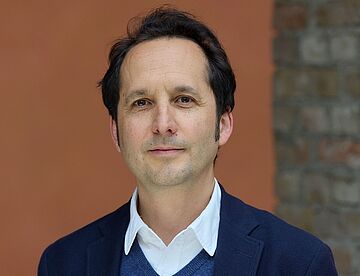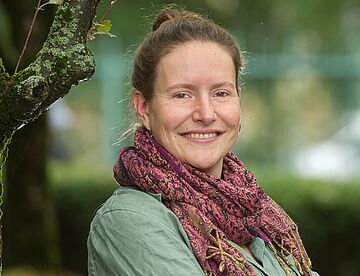Business model innovation in the digital and ecological transformation
The project analyzes how established companies develop sustainable and resilient future strategies, and investigates the associated challenges for managers, works councils and employees.
Background
The challenges faced by core sectors of the German economy are increasingly overlapping: in addition to immediate problems such as disruptions in supply chains and energy supply, actors in established companies must also develop strategies for addressing the challenges of the digital transformation and the escalating climate crisis.
In this constellation, the viability and employment prospects of established companies and their workforces no longer depend primarily on the continuous advancement of existing product portfolios and processes. Instead, there is a growing need to abandon established paths and develop new ways of utilizing digital technologies to implement more fundamental innovations, occupy newly emerging fields and make products and services more ecologically sustainable. The Innovation of business models has become an increasingly important field of action.
The dual digital and ecological transformation requires business model innovation
- In the energy sector, network operators are developing smart grids and storage systems to efficiently integrate a growing number of decentralized renewable energy sources into the energy supply, to make the complexity of the grids manageable and to offer end customers digital value-added services.
- In the automotive industry, OEMs and system suppliers are switching to alternative drive technologies to comply with stricter emissions regulations, while simultaneously redesigning the software and electronics architectures in vehicles to offer automated driving functions and digital services or to realize the integration of vehicles into resource-efficient multimodal mobility platforms.
- In the retail sector, brick-and-mortar retailers try to catch up with online retailers by offering new functionalities such as "Click & Collect", optimizing their operational processes with digital technologies, and seeking to reduce CO2 emissions.
- In turn, manufacturers in the mechanical engineering sector are linking their machines and systems with digital solutions to support customers in optimizing throughput times or minimizing rejects as part of circular economy strategies, and to create the basis for the transition to "machine-as-a-service" business models.
For the different stakeholders in the companies, working on business model innovations means reconfiguring the interplay of value proposition, revenue model, value creation models and work organization - and thus the core logic of their business - under a high degree of uncertainty. The success or failure of such initiatives often has far-reaching consequences for the future prospects of individual companies and the prospects of their employees.
So far, there are hardly any empirical studies that adopt a holistic perspective on the work that is required for business model innovations in established companies and examine the role that works councils play and can play in these processes.
We focus on companies that combine decarbonization goals with innovations in their business model and use digital technologies for this purpose.
Method
The project addresses three overarching questions:
- How do established companies combine digital business model innovations with decarbonization goals and to what extent is it possible to reconcile these objectives?
- What changes in strategy formation and work organisation does this entail and what challenges do the company stakeholders face in the process?
- How can works councils help shape these developments and influence them to foster good working conditions and equality?
To answer these questions, we conduct explorative case studies on companies in the energy sector, the automotive industry, the retail sector and the mechanical engineering industry in order to reconstruct business model innovation and the associated organizational changes. We analyze (1) the transformation processes and (2) the challenges for co-determination that go hand in hand with business model innovations.
Objective
Based on these case studies we will identify best practices for the process of business model innovation in established companies that can serve as reference examples for companies, trade unions and works councils.


